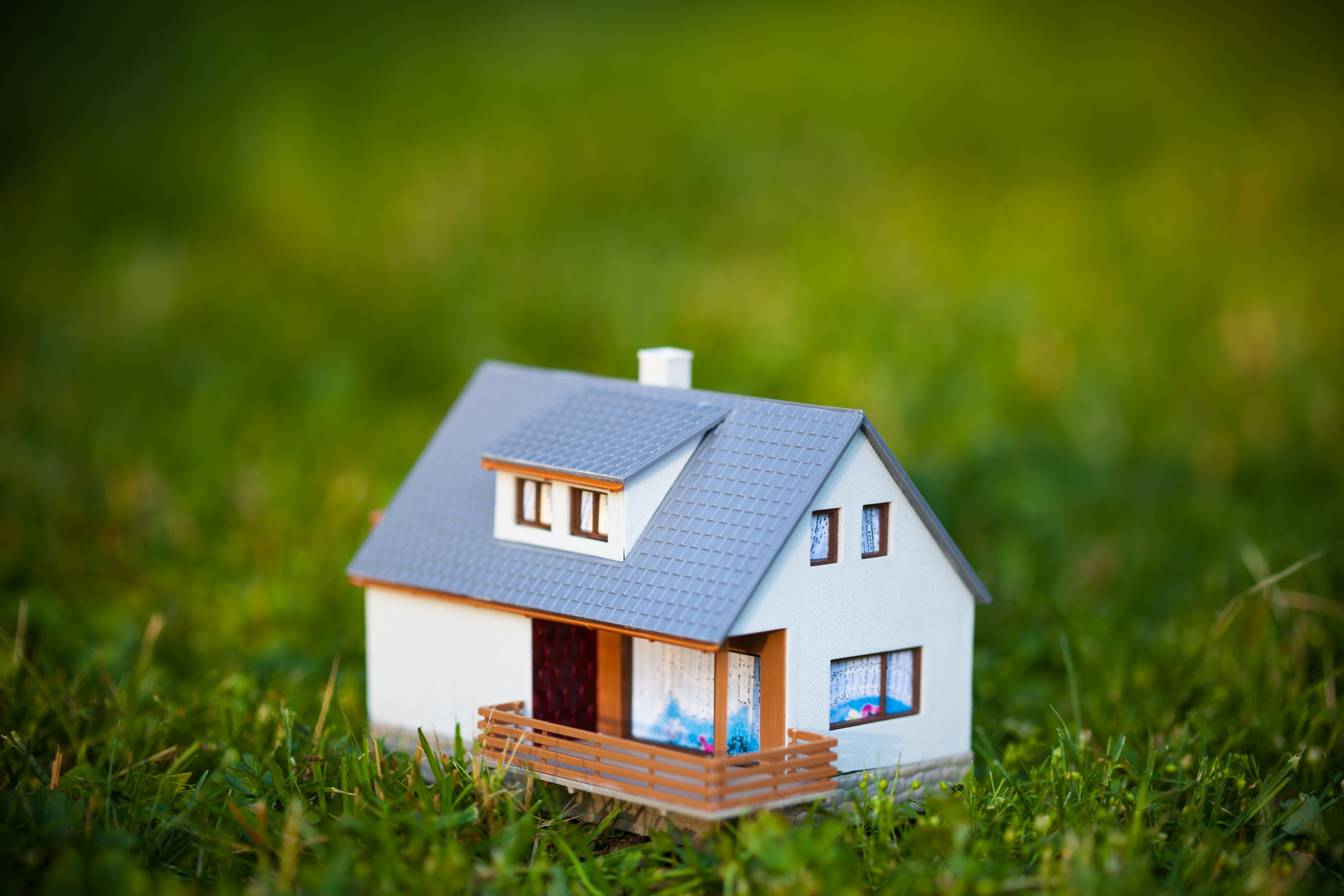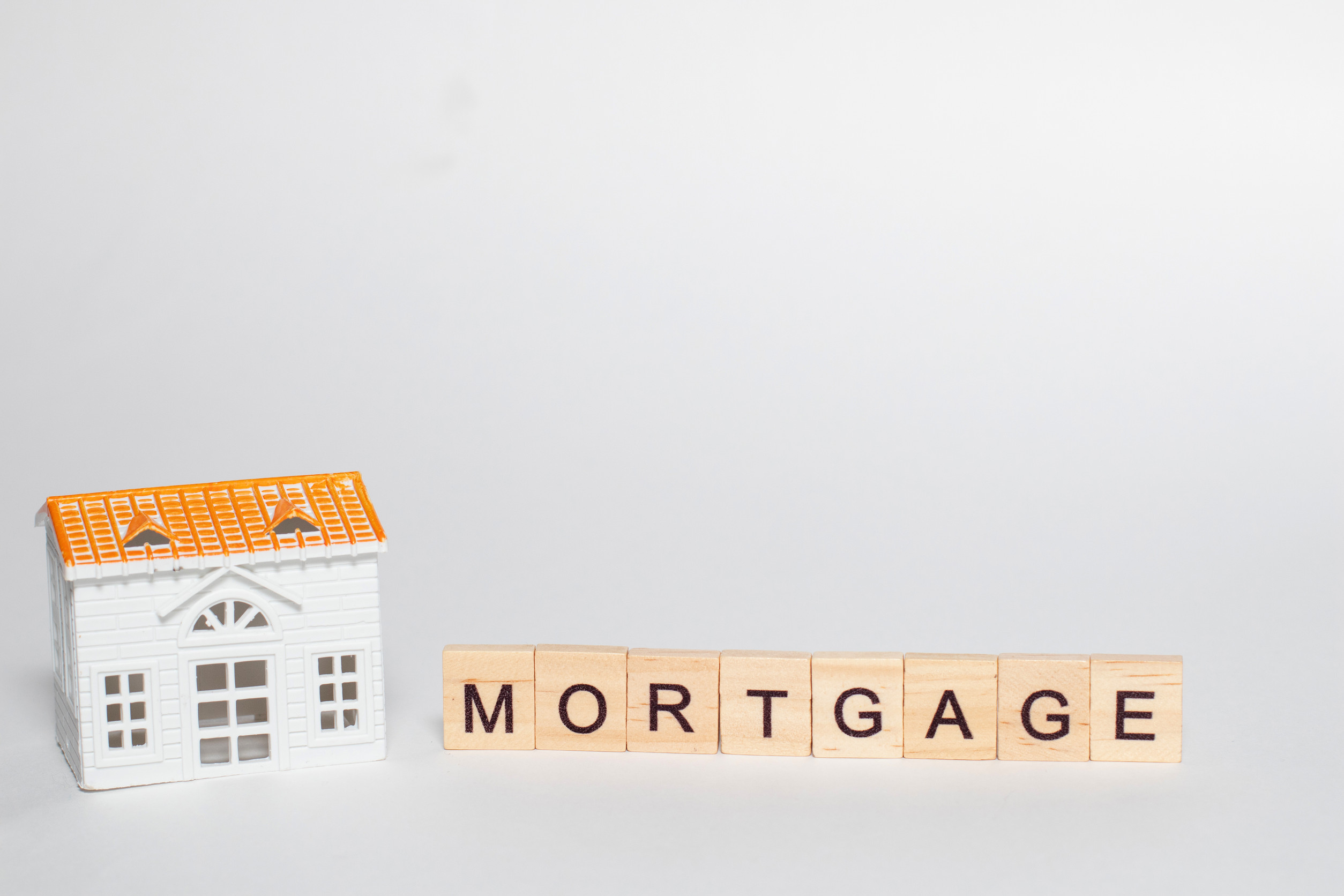For many Americans, the idea of retiring without a mortgage feels like a dream—maybe even the ultimate financial milestone. It’s a goal that symbolizes freedom, security, and the promise of peace in your golden years. After decades of budgeting, refinancing, and monthly payments, owning your home outright seems like the reward at the end of a long financial journey.
And there’s no denying that entering retirement without a mortgage can offer significant emotional and financial relief. But beneath that relief lies a more complex picture, and for some retirees, mortgage-free living isn’t quite the financial paradise they imagined.
The Illusion of Financial Freedom
Paying off your home might make you feel financially invincible, but it can mask other vulnerabilities. Without a mortgage, you might overlook the need for continued financial planning, assuming that one major expense being gone means you’re set. In reality, owning your home doesn’t eliminate the steady creep of property taxes, home insurance, or maintenance costs.
These hidden expenses can quietly drain your savings if you’re not prepared for them. Worse yet, that illusion of freedom may tempt retirees into a false sense of security that delays other important financial decisions.
Property Taxes Don’t Retire With You
Just because your mortgage is gone doesn’t mean your tax bill is. Property taxes can continue to rise over time, especially if you live in an area experiencing rapid development or increased demand. In some cases, retirees are forced to downsize or relocate not because of mortgage debt, but because their property tax burden becomes unsustainable.
A paid-off home might keep the bank away, but the tax collector still comes knocking—every year, without fail. Failing to factor this into your retirement income plan can lead to nasty surprises down the line.
Home Maintenance Can Break the Bank
Many people assume that once the mortgage is gone, housing costs will drastically drop—but that’s not always true. Owning a home outright also means you’re solely responsible for every repair, replacement, and upgrade it may need. Whether it’s a new roof, a busted HVAC system, or unexpected plumbing disasters, the costs can add up quickly and unpredictably.
When you’re on a fixed income, these types of expenses can force you to dip into savings faster than planned. What looked like a financially secure retirement can suddenly feel precarious thanks to an aging home and surprise repairs.
Liquidity Matters More Than You Think
A fully paid-off home might make you feel “rich,” but in reality, it’s an illiquid asset. Your net worth might look great on paper, but if most of it is tied up in your house, it won’t help when you need quick access to cash. Emergencies, health care costs, or even simply wanting to enjoy travel and hobbies may require more fluid funds than your home equity can provide.
Tapping into your home’s value—through downsizing, selling, or taking out a reverse mortgage—can be complicated and emotionally difficult. In this way, owning your home outright may actually reduce your flexibility in retirement rather than increase it.
Reverse Mortgages: A Double-Edged Sword
For retirees who find themselves house-rich and cash-poor, a reverse mortgage might seem like an appealing solution. While it can provide much-needed income, it also comes with fees, interest, and a potential reduction in your home’s value over time.
These loans are often misunderstood, leading to unintended consequences for both retirees and their heirs. If not managed carefully, they can undermine the very security you thought a paid-off home would give you. So while the option exists, it’s far from a perfect fix for the liquidity problem mentioned earlier.
Insurance Gaps and Underestimations
It’s easy to overlook the importance of proper home insurance coverage once you’re mortgage-free. Without a lender requiring proof of insurance, some retirees let their coverage lapse or reduce it to save on costs. Unfortunately, this can leave them dangerously underinsured just when they need it most. Major weather events, natural disasters, or even something like a kitchen fire can create financial devastation. Having no mortgage shouldn’t mean letting your guard down, especially when it comes to protecting your biggest asset.
Downsizing Isn’t Always a Financial Win
Many retirees assume that downsizing will solve all their financial worries—but that’s not always how the math works out. Selling a larger home may come with capital gains taxes, especially if the property has appreciated significantly over the years. Additionally, the costs associated with moving, buying a new home, furnishing it, and adjusting to a new lifestyle can quickly eat up any gains.
In some markets, smaller homes aren’t even that much cheaper, particularly in desirable retirement destinations. So, while downsizing might help in some situations, it’s far from a guaranteed financial silver bullet.
Health Care Costs Can Still Catch You Off Guard
Even if you’ve paid off your home, the rising cost of health care can quickly become your biggest financial burden. Medicare doesn’t cover everything, and long-term care—whether at home or in a facility—can be shockingly expensive.
Many retirees underestimate how much of their savings will be diverted toward staying healthy, mobile, and independent. A paid-off house doesn’t do much good if all your liquid savings are drained by medical bills. It’s crucial to plan for these costs just as carefully as you plan for your housing situation.
Inflation Never Retires
Retirees without a mortgage often feel shielded from inflation, but that’s only partially true. While fixed-rate mortgage holders may be affected by inflation less directly, homeowners are still exposed through property taxes, maintenance, and utility costs. The cost of groceries, transportation, and medical care also continues to climb, which can strain even the most carefully managed retirement budget.
Without income growth to match inflation, retirees must rely heavily on their savings to maintain their standard of living. This can quietly erode purchasing power over time, even if your biggest bill—your mortgage—is gone.
The Emotional Toll of Staying Put
Finally, we can’t ignore the emotional side of homeownership in retirement. For many, the family home holds memories, stability, and a sense of identity. But clinging to a house that no longer fits your needs can cause isolation, financial stress, and even physical danger if it’s not easily accessible or safe to maintain. Emotional attachment can sometimes cloud financial judgment, preventing retirees from making smarter moves that could enhance their quality of life. While retiring mortgage-free is admirable, it shouldn’t come at the cost of adaptability or emotional well-being.
The Advantages and Disadvantages Of Retiring Without A Mortgage
Retiring without a mortgage certainly has its advantages, but it’s not the full financial fortress it might appear to be. Ongoing costs, hidden risks, and emotional blind spots can still make it surprisingly expensive. A holistic view of retirement planning—one that considers liquidity, healthcare, inflation, and lifestyle flexibility—is essential.
A paid-off home is a great foundation, but it shouldn’t be your only plan. If you’ve had experience with retiring mortgage-free or are planning to do so, make sure you leave a comment below and share your thoughts.
Read More
5 Ways to Pay Off Your 30 Year Mortgage in 10 Years
5 Things to Know Before Applying for a Mortgage



Leave a Reply